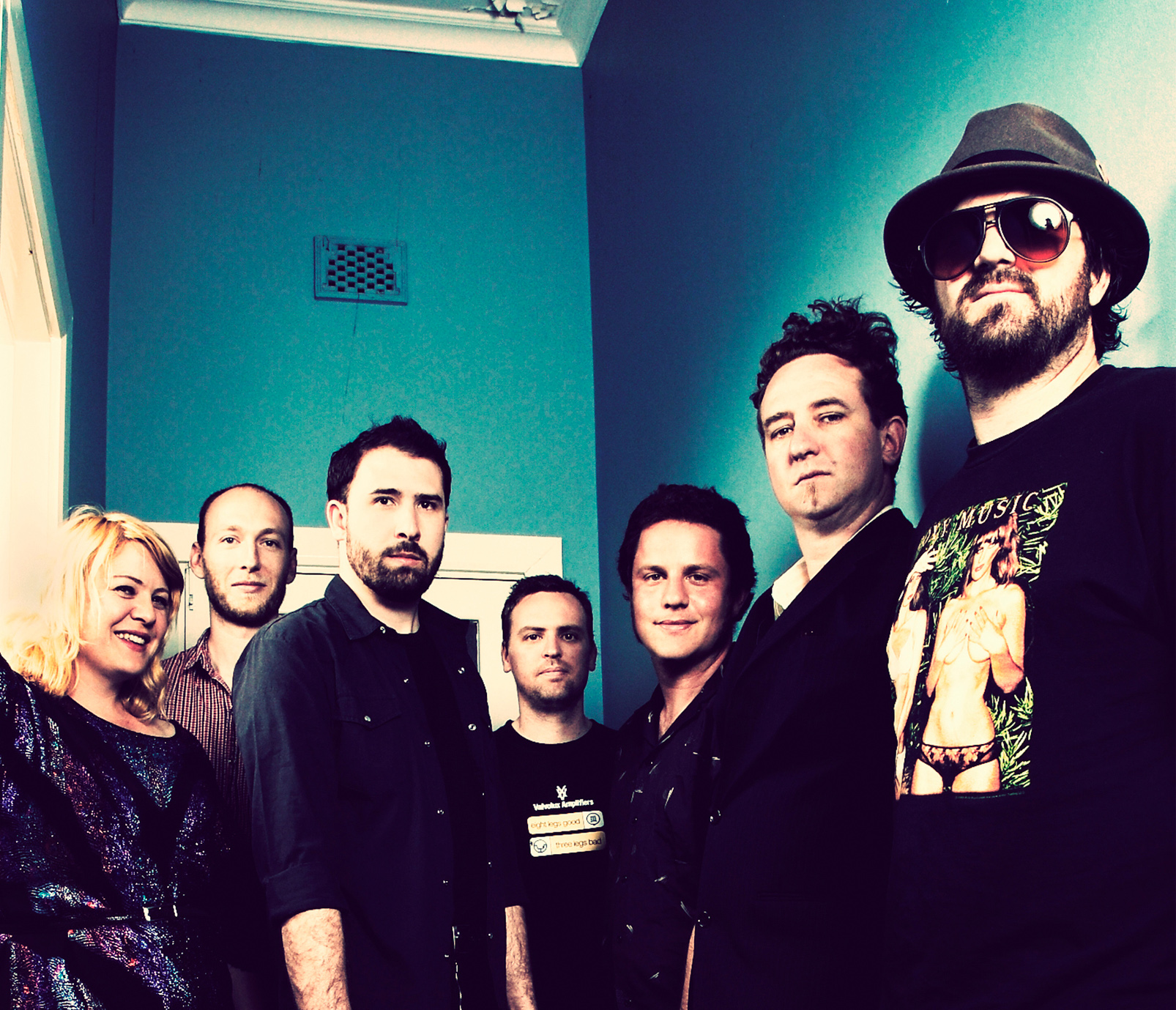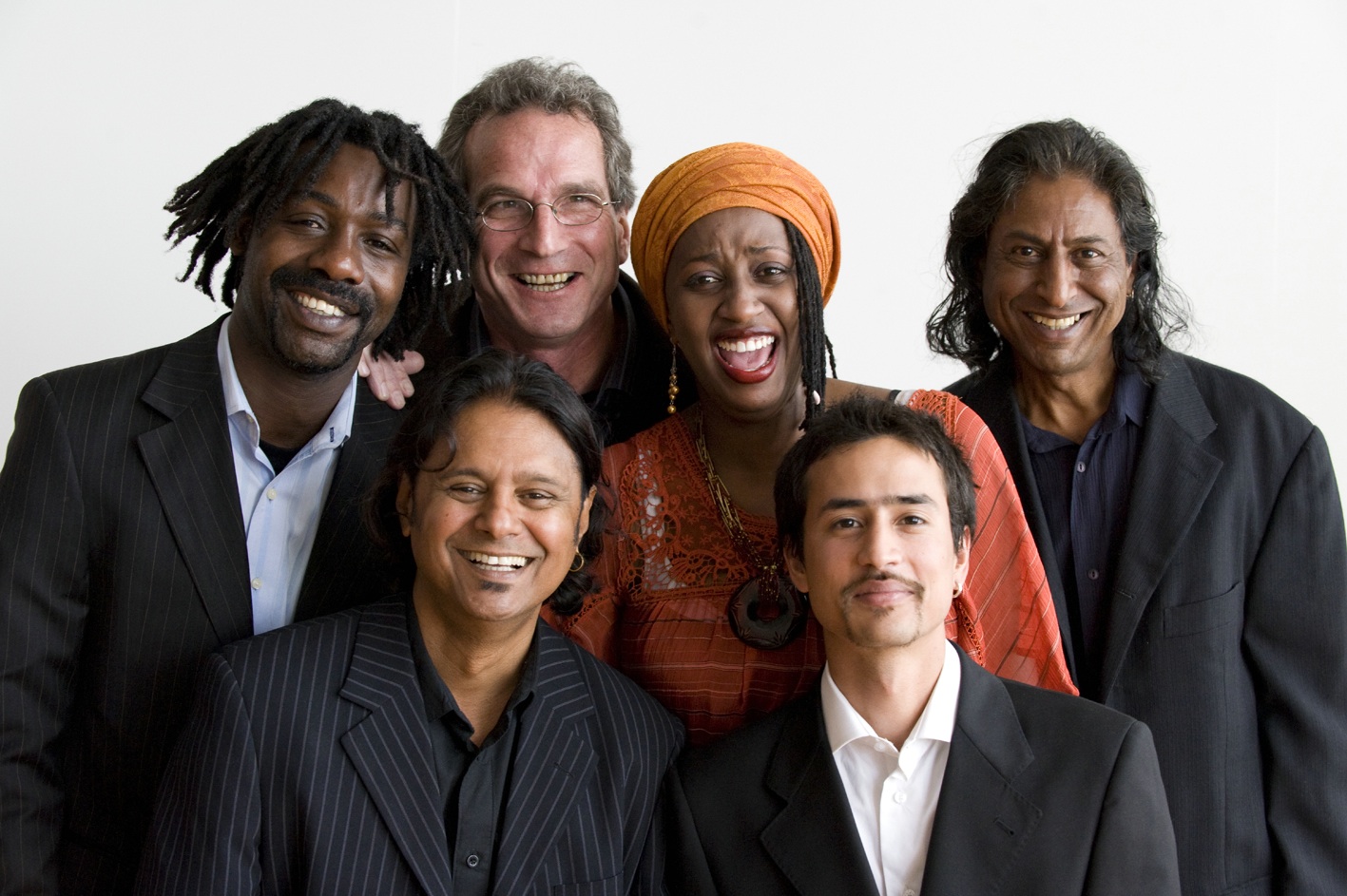The day before I speak to Kathleen Maltzahn, Greens candidate for the State seat of Richmond, the ALP announced a major cash investment in the live music scene…
The day before I speak to Kathleen Maltzahn, Greens candidate for the State seat of Richmond, the ALP announced a major cash investment in the live music scene, centred around funding for the fledgling Music Victoria lobby group, and the establishment of an ‘Australian Music HQ’ and an increase in funding for local musicians. “It’s good as far as it goes,” comments Maltzahn. “The good thing about this election is that the parties are trying to outdo each other supporting live music, rather than the usual law and order debate.” But, argues Maltzahn, there’s more to supporting live music than financial promises. “We need to do more to protect existing venues. And there are other things that can be done, like making it affordable to live in the inner city and suburbs, and improving public transport so people can get home to the outer suburbs.”
Under serious threat from the Greens in the inner-city seats of Richmond, Northcote, Brunswick and Melbourne, the ALP are desperately trying to shore up support in Melbourne’s vibrant music community. The Greens, meanwhile, have promulgated a policy on live music that addresses so-called ‘first amenity’ planning regulations – under which established live music venues are afforded protection against complaints from residents who subsequently move into the neighbouring area – support for local musicians and increased investment in public transport. “I think for many people who vote Green, live music is part of life,” Maltzahn muses.
Maltzahn concedes that the Greens hadn’t established a considered position on support for the local music community before the closure of The Tote rendered live music a political cause celebre. “But within the Yarra Council there had been an attempt to work things through. At the time of The Tote closing, we were accused of having voted for the liquor licensing laws, which wasn’t the case. It’s good that we have since considered all the issues in a lot more detail,” Maltzahn states.
This week a number of local musicians will come together to perform at a fundraiser for the Greens. Rebecca Barnard is one of the artists performing. While Barnard doesn’t consider herself a political person, her concern for social justice and the environment – issues that have once again appeared on the radar of the two major parties – has seen her interest in politics increase. “As human beings we have to address the fact that we’re destroying the planet – we can’t just go on pretending that’s not the case,” Barnard argues.
Barnard pays particular tribute to Greens federal leader Bob Brown (“he actually answers questions”), and Greens candidate for the seat of Melbourne, Brian Walters. She also cites the Greens’ policy to protect live music venues as significant. “These venues have huge cultural significance for the city,” she says. Barnard also notes she was in Sydney recently, where live music crowds remain low. “People were apologising for the small crowds – hardly anyone goes out to see live music there anymore,” Barnard points out. Which means Melbourne’s live music scene should not be taken for granted. “I think a big point with the Greens is that they’re taking musicians’ livelihood into account,” says Barnard.
The recent federal election also represented a quantum leap in the Greens’ support. Adam Bandt won the inner-city seat of Melbourne from the ALP, while Greens candidates in a number of other adjacent seats polled around 20% of the primary vote. Maltzahn says it’s entirely conceivable that the Greens will move beyond their historically ‘marginal’ character to become a primary political force. “The conditions of this century need a party like the Greens,” Maltzahn says.
“If you look back a hundred years, the Labor Party was in the same situation as the Greens are now – at that time the major political parties weren’t able to deal with the rise of the labour movement. Now when people look at the Greens’ policies they realise they make sense, and they agree with them,” argues Maltzahn.
If the Greens are to become a genuine mainstream political force, the party will face the same pressure to compromise in the pursuit of power – compromises that go some way to explaining the ALP’s decline in support, particularly within the inner-city demographic. Maltzahn points to the Greens’ strong community base as distinguishing it from the other major parties. “It’s always going to be a tension [to compromise], but we still have our core values that we don’t back away from,” Maltzahn says. “Unlike the other parties we’re not backed by money from big organisations. We’re backed by the community, so we can’t really walk away from what we believe in.”
THE BIG GREENS GIG will feature Rebecca Barnard, The Holy Sea, Mic Man Ox, Saskwatch and Citrus Jam, plus special guest AdamBandt. It’s on at The Cornish Arms on Sunday November 21. Tickets are $10 presale through vic.greens.org.au/richmond or $12 at the door, from 4pm. The Green candidates are Kathleen Maltzahn for Richmond, Brian Walters for Melbourne, Cyndi Dawes for Brunswick and Anne Martinelli for Northcote. For more information on the Victorian Greens head to vic.greens.org.au.







